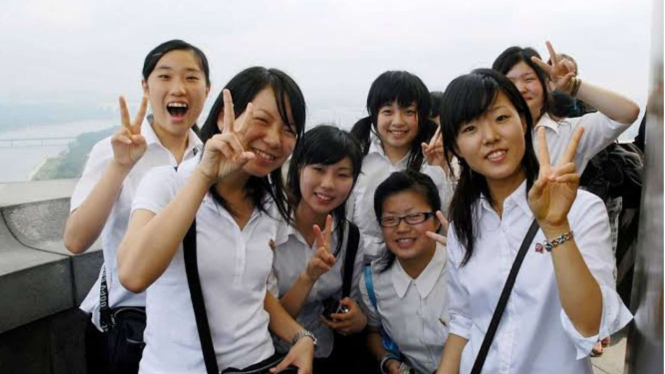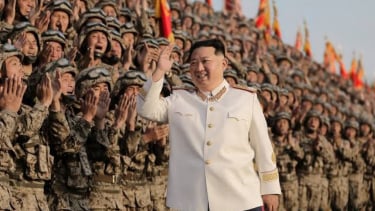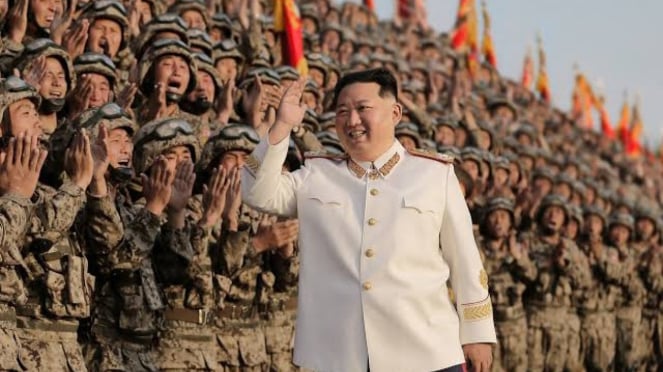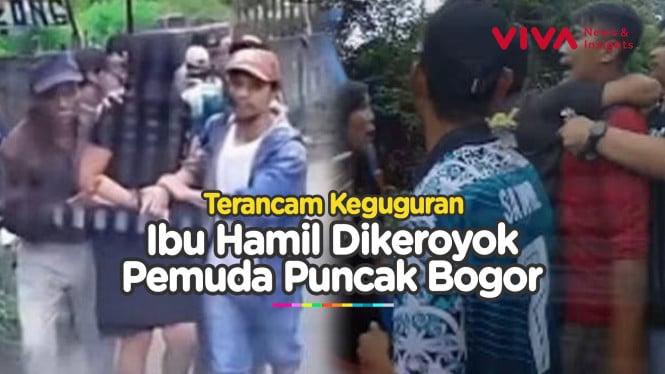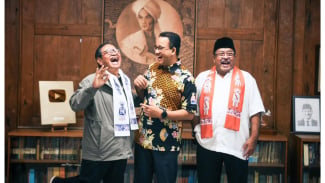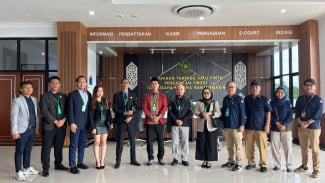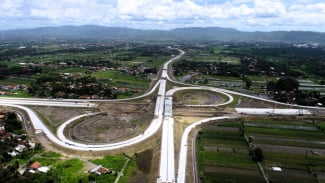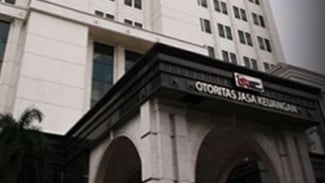North Korea Punishes Anti-socialist Behavior with Forced Farm Labor
- Daily NK
VIVA – North Korea will punish its citizens involved in "anti-socialist behavior" such as dyeing their hair, wearing unapproved or tight-fitting clothing styles, and brewing or making alcoholic beverages by sending them to work in farm, according to residents in the country as reported by Radio Free Asia.
"Anti-socialist behavior" is a vague term used by the North Korean government to describe activities considered to be South Korean, foreign, or capitalist cultural practices.
In 2020, the country enacted the Law on the Rejection of Reactionary Thought and Culture, which imposes penalties for certain anti-socialist actions, including several years of imprisonment for watching South Korean media.
However, some offenses are not as serious as others, and violators caught in recent crackdowns in the northeastern city of Chongjin may receive relatively lenient punishment, such as only five days of work in agriculture, according to a resident there who spoke to RFA's Korean Service anonymously for security reasons.
VIVA
- 1476146
"They crack down on the production or sale of clothes in markets that are not our style," said the resident, using the Korean term "uri," which literally means "our own" but refers to concepts that originate or are accepted everywhere as part of Korean culture.
They said that tight clothes, clothes that reveal shoulders, and clothes with foreign writings are all considered anti-socialist.
"The Socialist Patriotic Youth League also cracks down on young men and women who dye their hair yellow or brown, grow their hair long, and wear jeans or tight clothing in public," said the resident.
"Recently, authorities have instructed hairdressers and stylists not to dye customers' hair brown or create unusual hairstyles, such as cutting only one side of the hair and leaving the front and back," they said.
"These hairstyles are a priority for harsh action on the streets."
The source said that using foreign currency is also a reason for punishment, "If they catch you, they will take you to the countryside in a car," they said. "You will plant rice or weed for the next five days."
Residents said that when people are arrested and forced to work, it's not only they who suffer. "In our factory, two young men and one woman didn't come to work because they were sent to plant rice after being caught on the streets wearing clothes and hairstyles that are not our style," they said.
Every morning, during the factory meeting, officials urge them not to get caught up in the crackdown because the factory requires them to be at their posts, the resident said.
"This crackdown is going cruelly. It's different from usual," they said. "It's strange that punishments like this coincide with the rice planting and weeding season," they added.
Authorities in Chongjin raid the Kangdok neighborhood every week, hoping to capture people making alcoholic beverages in their homes, said another resident from a different city.
Kangdok became a haven for homemade alcoholic drinks called nongtaegi during the North Korean famine of 1994-1998, which occurred after the country's economy collapsed. The people of Kangdok needed to make a living and started producing large quantities of nongtaegi, selling it throughout North Hamgyong Province around Chongjin.
"Some were lucky enough to avoid the crackdown, but others were caught red-handed while making moonshine," said the second resident.
"The beer-making machines and corn kernels they prepared to make alcohol were confiscated." Moonshine is a slightly more serious offense, so illegal beer makers are sent to farms for 10 days, they said.
